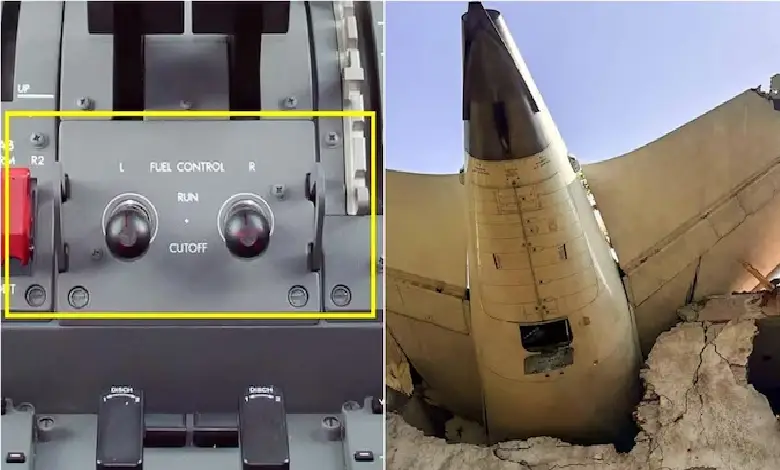
New Delhi : Air India had replaced the Throttle Control Module (TCM) of the crashed Boeing 787-8 aircraft twice in the last six years, following a directive from Boeing issued in 2019. The Aircraft Accident Investigation Bureau (AAIB) released a preliminary report on the crash, revealing that the TCM replacements in 2019 and 2023 were not linked to the fuel control switches.
The replacements followed a revised maintenance planning document (MPD) issued by Boeing, requiring Dreamliner operators to change the TCM every 24,000 flight hours. Meanwhile, the US Federal Aviation Administration (FAA) and Boeing have privately issued notifications confirming that the fuel switch locks on Boeing planes are safe, according to a document seen by Reuters and four sources familiar with the matter.
The FAA’s Continued Airworthiness Notification, dated July 11 stated that although the fuel control switch design, including the locking feature, is similar across various Boeing models. When asked for comment, the FAA said it had nothing further to add beyond the notification. Boeing also referred to the FAA notification in a Multi-Operator-Message sent to airlines recently, stating that the company is not recommending any action.
The preliminary investigation by AAIB referenced a 2018 FAA advisory that recommended, but did not mandate, inspections of the fuel cutoff switch locking feature on several Boeing models, including the 787, to prevent accidental movement. The report noted that Air India had not conducted the suggested inspections as the advisory was not mandatory.
Read Also : Indian Railways to Equip All Trains with CCTV for Enhanced Safety




